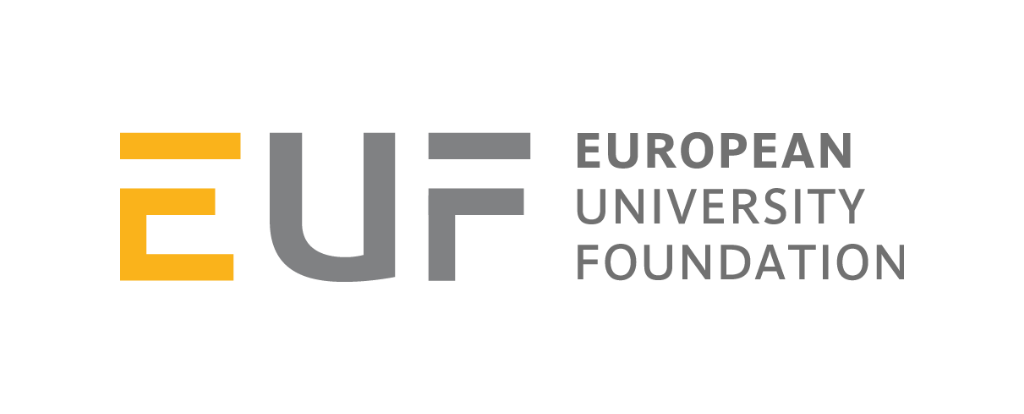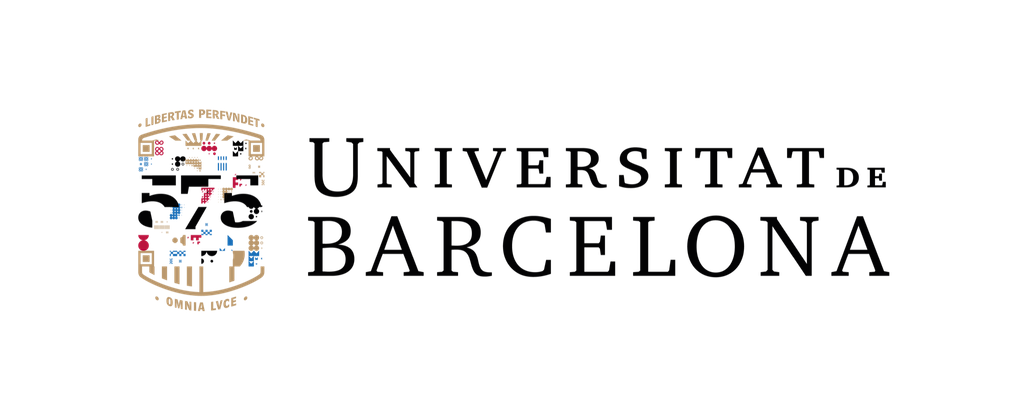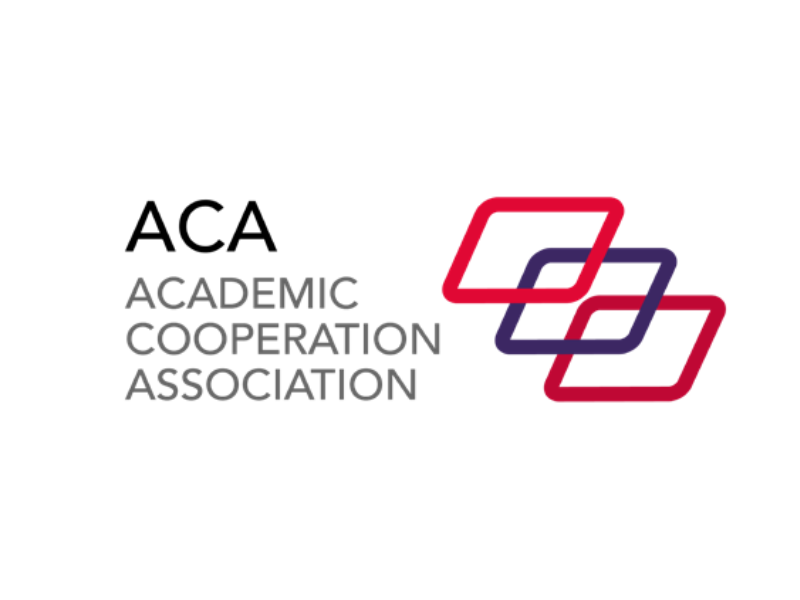
Offering high-quality student mobility requires continuous efforts from University staff, both strategically and operationally. This effort is especially tested during transition periods, when new budget rules and evolving mobility requirements come into play.
So, what lessons can we draw from past transitions to prepare more effectively for the future? How can staff consistently enhance their mobility services? And how can Universities leverage their influence to shape upcoming mobility programmes?
The Student Mobility Summit 2026 offers a unique opportunity to address these questions. Through expert-led trainings, peer exchange and collaborative workshops, you will have the chance to explore strategies for improving mobility practices and navigating times of change. Joining the Student Mobility Summit 2026 will help you meet like-minded colleagues from all over Europe, share experiences and co-develop practical solutions to pressing mobility challenges. The insights gathered will support the strengthening of your International Office’s preparedness for transition periods and enhance the overall quality of mobility services.
Programme
Policy context for the future of mobility and Erasmus+
| 8:45 | Aula Magna | Arrival and registration – in front of the Aula Magna |
| 9:20 | Aula Magna | Welcome and introduction to the eventJoan Guàrdia i Olmos, Rector, University of Barcelona
Yoan Vilain, EUF Steering Committee President, Humboldt University of Berlin |
| 9:40 | Aula Magna | Keynote speech: “The next Erasmus+ programme - visions and priorities as we approach 2028”Florian Pecenka, Head of Unit, Department of Education, Science and Research at Permanent Representation of Austria to the EU
|
| 9:55 | Aula Magna | Panel discussion “Learning from the last Erasmus programme transitions - lessons learned and the road ahead”This panel will reflect on the recent transitions between Erasmus+ programme periods, highlighting the practical experiences from the higher education community across Europe. Speakers will share what worked well, what obstacles they faced, and discuss how the higher education sector practitioners and policymakers alike can better prepare for the next transition. Raúl Ramos Lobo, Vice-Rector for Internationalization Policy - University of Barcelona (moderator) |
| 11:00 | Science Cloister | Coffee break |
| 11:30 | Josep Carner Building | Parallel workshops on the intersection between policy and quality mobilityParticipants will be assigned to their preferred topic, to the extent possible. In the afternoon, a summary of each session’s discussions and conclusions will be shared in plenary. 1. Mobility targets - good intentions with trap doors? Christina Bohle, Head of the Global Mobility Office, Humboldt University of Berlin 2. Strategic change management during transition periods Berenice Martin, International Relations Bureau, International Students Office, Universitat Politècnica de Catalunya 3. How to see the future of mobility in European University Alliances Meritxell Chaves, Secretary General, CHARM-EU 4. From input to influence: how practitioners can engage with policymakers Katrina Sproge, Policy Community Coordinator - European University Foundation 5. Erasmus+ priorities and mobilities: how to better address the current horizontal priorities when implementing student mobility Ilze Ojere, ESN International Committee of Education Main Chair |
| 13:00 | Science Cloister | Lunch break |
| 14:00 | Science Cloister | Mobility talks and networking75 min open discussion. Participants walk around based on their interest and can schedule 1:1 meetings that can take in the Aula Magna. Ideally we should have about 10 topics (topics ranging from engaging students in internationalisation to good practices in BIPs or IIA renewals and the new programme will be explored), for which we have one facilitator. We should get a field in the registration form for participants to suggest topics.
|
| 15:00 | Science Cloister | Coffee break |
| 15:30 | Aula Magna | Plenary: Conclusions of the parallel sessionsHelena Alves, Mobility Community Coordinator, EUF |
| 16:00 | Aula Magna | Panel discussion: Geopolitical realities and the future of mobilityThis panel will explore how the shifting geopolitical landscape in Europe and globally is affecting student mobility, academic collaboration, and cross-border education across the continent. The speakers will take a deep dive into the role mobility in higher education is playing in ensuring resilience, how we can safeguard the freedom of research, and how to best navigate the ongoing challenges. René Teunissen, Senior Policy Advisor - Erasmus University Rotterdam (moderator) |
| 17:20 | Gothic Quarter | Gothic Quarter Tour*Explore the historical heart of Barcelona, including the Cathedral of Barcelona, the Gothic Quarter, Plaça Sant Jaume, the Roman Wall, and Plaça de Sant Felipe Neri. *The tour is available only to participants who signed up for it through the workshop and tour survey. |
Ensuring high quality mobility before, during and after transition periods
| 9:30 | Josep Carner Building | Crisis preparedness in internationalisation - keynote speech & group discussionsMartine Wierenga, Head of IRO - Erasmus University Rotterdam |
| 11:00 | Philology Cloister | Coffee break |
| 11:30 | Josep Carner Building | Parallel workshops on quality mobility aspectsParticipants will be assigned to their preferred topic, to the extent possible. 1. Intercultural preparedness of students Lotte Laenen, EU Project Advisor, Ghent University 2. Bottom-up initiatives as catalysts for mobility Katrīna Sproģe, Policy Community Coordinator, European University Foundation (EUF) 3. Defining parameters for quality mobility Christina Bohle, Erasmus+ Institutional Coordinator, Humboldt Universität zu Berlin 4. Strategically developing global student mobility flows (KA171) Roman Petyur, Head of International Relations, Taras Shevchenko National University of Kyiv 5. How high-quality staff mobility influences student mobility Emma Maria Cavaliere, Mobility Officer, University of Padova 6. Digitalisation of Course Catalogues Manuel Caeiro Rodriguez, Professor and DACEM Project Coordinator, University of Vigo |
| 13:00 | Philology Cloister | Lunch break |
| 14:00 | Philology Cloister | Mobility talks & networking75 min open discussion. Participants walk around the venue and choose topics based on their interests. They can also use this time to schedule 1:1 meetings. Mobility talks’ topics will range from engaging students in internationalisation to good practices in BIPs or IIA renewals and the new programme.
|
| 15:00 | Philology Cloister | Coffee break |
| 15:30 | Josep Carner Building | Quality mobility hackathons (part 1)Carefully designed, mobility-related challenges and their context will be presented to participants to prepare for the work ahead. They will then brainstorm solutions to the challenges that can support a smoother, higher-quality mobility experience. Along the way, regular check-ins will ensure these solutions are fit for purpose and give insights into how to improve them further.
|
| Evening | Reception for EUF members |
Trickling down mobility advancements into Institutional realities
| 09:30 | Josep Carner Building | Quality mobility hackathons (part 2)This second session will focus on deepening the mobility-related solutions. Groups will continue their work and prepare the final idea presentation in plenary. Regular check-ins will ensure participants consider different perspectives and receive support in addressing potential weaknesses.
|
| 11:00 | Philology Cloister | Coffee break |
| 11:30 | Josep Carner Building | Quality mobility hackathons (part 3)Participants will be invited to choose a new hackathon topic and contribute to the finalisation of the solutions identified in the two previous sessions.
|
| 13:00 | Philology Cloister | Lunch break with Hackathon Gallery walk |
| 14:00 | Aula Magna | Digitalisation updates for mobility managersSergi Martínez-Rigol, Director of Internationalization and Students Area, University of Barcelona |
| 14:45 | Aula Magna | Wrap-up panel (interactive)Presentation of the key conclusions from the hackathons, workshops and discussions, and reflection from invited panellists on the takeaways and homework from SMS 2026. |
| 16:00 | Aula Magna | Closing and farewell |
| 16:30 | University of Barcelona Tour*On this tour you are going to explore the intricate architecture crafted by Elias Rogent in 1863 at the Historic Building of the University of Barcelona, located in Plaça Universitat. *The tour is available only to participants who signed up for it through the workshop and tour survey. |
The agenda is subject to changes.
Arrivals and Local Transportation
Venue: University of Barcelona, Historic Building
Address: Gran Via de les Corts Catalanes, 585, 08007 Barcelona
Reach the venue from Barcelona main train station (Estació de Sants)
By metro:
Take the L3 (Green Line) from “Sants Estació“ toward “Trinitat Nova”. Get off at “Plaça Catalunya” after six stops. From Plaça Catalunya, you also have the option to walk to Plaça Universitat. It’s a pleasant 5-7 minute walk that lets you experience the city’s vibrant center.
Alternatively, you can continue by Metro. At Plaça Catalunya, transfer to the L1 (Red Line) in the direction of “Hospital de Bellvitge”. After just one stop, get off at “Plaça Universitat”.
The total travel time by metro is approximately 10-12 minutes, and trains run
frequently.
Reach the venue from Barcelona airport
By metro:
Take Line L9S towards “Zona Universitaria” for 12 stops, and at “Torassa” station, transfer to Line L1 towards “Fondo”. You will need to travel for 8 stops until you reach “Universitat”, which is right in front of the University building.
By bus:
If you choose to travel by plane, at the terminal take the Aerobús. The final stop, Plaça Catalunya, is a 5-minute walk from the venue.
Taxis are readily available at Barcelona Airport and Barcelona train station. We encourage sharing taxis as a more sustainable and economical travel option.
Useful links
Visit Barcelona
Public Transport
TMB Barcelona bus and metro
Hola Barcelona App
Sustainability at the Summit
At the Student Mobility Summit, environmental stewardship is embraced as a shared value, reflected in thoughtful choices around event organisation, resource use, and sustainability.
To minimise waste, all event materials, including certificates and speakers’ handouts, are provided primarily in digital format. Eco-friendly badges and lanyards are used on site, and participants are encouraged to return them after the event to support circularity. Catering arrangements also prioritise the use of standard, reusable glasses and cutlery instead of disposable options.
Participants, speakers, and team members are encouraged to travel sustainably by choosing public transport, carpooling, or ridesharing whenever possible. We thank you for joining us in these efforts and look forward to an engaging and impactful Summit.
FAQ
Is it a physical or a hybrid event?
At which University of Barcelona building is the summit held?
Gran Via de les Corts Catalanes, 585
Edifici Històric
08007 Barcelona
What does registration include?
Registration includes:
- Access to all keynotes, panels, and your selected workshops
- Participating in all hackathons, or mobility talks
- Access to all lunches and coffee breaks
- Access to social events
Can I pay by bank transfer?
Yes. You can choose your payment method at the end of the registration process.
However, we recommend paying by card. If you choose bank transfer, you will first receive a proforma invoice, and the final invoice will be generated upon receiving the payment.
Will I receive a confirmation email?
Upon completion of registration, you will receive a confirmation and invoice by email. The confirmation is sent to the email address provided during registration. Should you fail to receive the confirmation email, we suggest checking the spam folder.
Would this event be eligible for the Erasmus+ staff training grants?
Yes. In order to get the Staff Training Grant Agreement duly signed please send us completed and signed agreements, and ensure the section for the receiving institution is properly filled out:
Name: University of Barcelona
Erasmus code (if applicable): E BARCELO01
Faculty/Department (if applicable): Office of Mobility and International Programmes
Address: Gran Via de les Corts Catalanes, 585, 08007 Barcelona, Spain
Country code: ES
Contact person: Núria Massons
Contact person e-mail / phone: ompi@ub.edu
Please, send your agreements to a dedicated email summit@uni-foundation.eu.
When will I receive the invoice for my registration?
When will I receive my Certificate of Attendance?
Can I cancel my participation?
You can cancel your registration in writing (summit@uni-foundation.eu) up to and including January 1, 2026 (please note that cancellations are subject to an administration fee). After this date, we no longer refund registrations.
If you are unable to attend, you may transfer your registration to another attendee.
Where do I pick up my badge?
You can pick up your badge at the Student Mobility Summit information desk located in front of the main entrance to Aula Magna.
How do I apply the discount for EUF members?
To apply the reduced rate, kindly input your discount code before choosing a payment method. Please, find the manual with the list of EUF members on this link.
KEYNOTES AND PANELS
Learn about what is coming ahead in the new Erasmus+ programme, what we can learn from the last transitions and how to better prepare for change.
Workshops
Dive into different angles of quality mobility and the intersection with policy developments, exploring various topics of your interest.
Mobility Talks
In a dynamic setting, exchange your views on mobility-related topics and get inspiration from colleagues working on the same challenges.
Hackathons
Collaborate with peers to address pressing mobility challenges and develop a potential solution together.
Registration
Registration for this event has closed.
